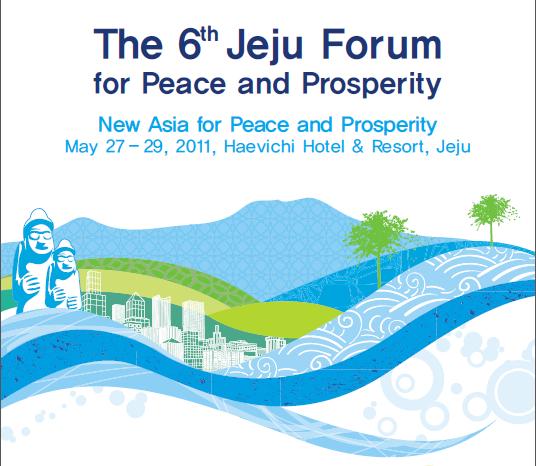Daily Report Archives
Established in December 1993, the Nautilus Institute’s *N*ortheast *A*sia *P*eace and *S*ecurity *N*etwork (NAPSNet) Daily Report served thousands of readers in more than forty countries, including policy makers, diplomats, aid organizations, scholars, donors, activists, students, and journalists.
The NAPSNet Daily Report aimed to serve a community of practitioners engaged in solving the complex security and sustainability issues in the region, especially those posed by the DPRK’s nuclear weapons program and the threat of nuclear war in the region. It was distributed by email rom 1993-1997, and went on-line in December 1997, which is when the archive on this site begins. The format at that time can be seen here.
However, for multiple reasons—the rise of instantaneous news services, the evolution of the North Korea and nuclear issues, the increasing demand for specialized and synthetic analysis of these and related issues, and the decline in donor support for NAPSNet—the Institute stopped producing the Daily Report news summary service as of December 17, 2010.
Nikhil Desai’s article examines how, with the building of nuclear plants in decline for years in developed nations, the nuclear industry has pinned its hopes on developing nations’ energy thirst. However, so many improvements are still needed in safety, regulatory and compliance criteria that the prospects for a ‘nuclear renaissance’ look bleak. Nikhil Desai is an economist, and divides his time between India and the US.
Go to the article
Jor-Shan Choi, Associate Director of the Berkeley Nuclear Research Center, University of California, Berkeley, argues that the tragedy at Japan’s Fukushima nuclear power plant will do little to deter the growth of nuclear power in the region. He writes, “There is no doubt that nuclear power will also survive the Fukushima incident, and can use it as a unique opportunity to refocus on the three fundamentals — human factors, safety, and waste disposal.”
Go to the article
This report by André Buys, Professor of Engineering and Technology Management at the University of Pretoria, South Africa, explores the potential proliferation risk posed by former Nuclear Explosive or Weapons Program (NEWP) personnel in South Africa since the program’s termination in 1991. Buys assessment establishes that the proliferation risk of a minority of former personnel is moderate to high, with unemployment, financial hardship and a lack of clear and uniform secrecy guidelines as important contributing factors.
Go to the article
In this report, Patrick Morgan, Professor of Political Science at the University of California, Irvine, assesses the relevance and effectiveness of international deterrence in preventing non-state actors from undertaking nuclear-proliferation related activities. His report explores how traditional concepts of deterrence have changed with the emergence of a framework of mandated state efforts and legal regimes, including the possible application of universal jurisdiction, to address threats of nuclear terrorism or other problems associated with non-state actors.
Go to the article

Leon V. Sigal, Director of the Northeast Asia Cooperative Security Project at the Social Science Research Council, writes “Pyongyang is ready to negotiate with Seoul to ship out the fuel rods needed to restart its nuclear reactor in return for energy aid. It seems willing to abide by a moratorium on missile tests, and possibly nuclear tests, once talks with Washington resume. And it has said it will negotiate on suspending its uranium enrichment…What are Washington and Seoul waiting for—more trouble? ”
Go to the article

Peter Hayes, Professor of International Relations, RMIT University, Melbourne, and Director, Nautilus Institute, San Francisco, writes “The issues involved in abolishing nuclear weapons are profoundly complex and apparently intractable. What is the status of nuclear deterrence? What is China’s interest in strategic nuclear arms talks? How would nuclear abolition affect Korea and Japan over time? What to do about North Korea’s nuclear weapons? Is a nuclear weapons-free zone desirable and useful? And, how do we deal with the threat of non-state nuclear proliferation?”
Hayes’ report summarizes the special panel, ‘Is a Nuclear-free East Asia Possible? Opportunities and Constraints’ held at the 6th Jeju Forum, where five distinguished experts from Australia, China, Japan, and Korea were asked to examine these issues.
Go to the article



